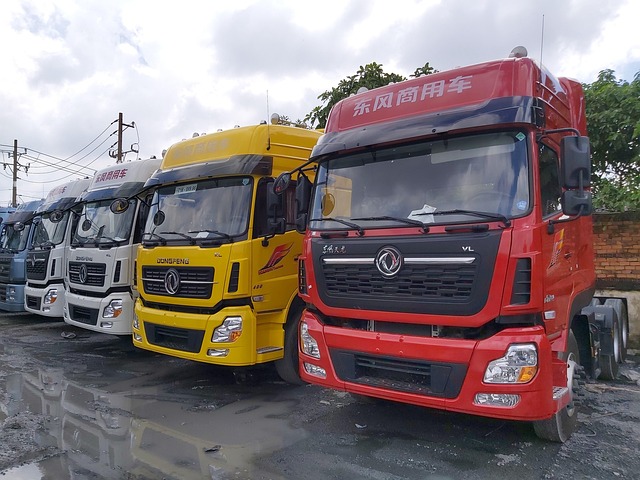In the dynamic cargo transport industry, mitigating risks through tailored insurance solutions, particularly focusing on physical damage coverage, is vital for business resilience. This protection safeguards against losses from weather, accidents, and warehouse mishandling, offering peace of mind during complex freight journeys. Beyond basic coverage, robust risk management strategies involve identifying and analyzing potential hazards to develop customized policies with enhanced security, real-time tracking, or specialized handling. These strategies not only protect cargo but also build shipper confidence in a secure and efficient transportation process.
In the dynamic landscape of global trade, safeguarding cargo and freight is paramount. Understanding the intricate web of risks associated with transport is the first step towards comprehensive protection. This article explores strategies to mitigate these hazards, focusing on the pivotal role of physical damage coverage. We delve into tailored insurance solutions for diverse freight types, highlighting effective risk management techniques to ensure secure and seamless logistics. By adopting these measures, businesses can navigate the complexities of cargo transportation with enhanced confidence.
Understanding the Risks of Cargo and Freight Transport

In the dynamic landscape of cargo and freight transport, understanding the inherent risks is the first step towards effective protection. Physical damage coverage plays a pivotal role in mitigating potential losses during transit. From harsh weather conditions to unpredictable road accidents or mishandling at warehouses, goods are susceptible to various perils. Without adequate physical damage coverage, businesses risk significant financial losses due to damaged or lost cargo.
Freight transportation involves diverse modes and environments, each presenting unique challenges. Tailored coverage solutions acknowledge these risks and offer customized protection. By assessing specific needs, insurance providers can design policies that encompass not just compensation for physical damage but also delays, theft, and other unforeseen events. This proactive approach ensures businesses can navigate the complexities of freight transport with greater peace of mind.
The Role of Physical Damage Coverage in Mitigating Hazards

Physical damage coverage plays a pivotal role in safeguarding cargo and freight during transit, addressing the inherent risks associated with handling and transportation. This specialized type of insurance offers protection against various perils, including accidents, natural disasters, and man-made incidents, that could lead to physical harm or loss of goods. By providing comprehensive coverage for these unforeseen events, businesses can mitigate financial losses and ensure a more secure supply chain.
In today’s globalized market, where cargo often traverses vast distances and multiple modes of transport, the potential for physical damage is ever-present. Tailored physical damage coverage allows companies to customize their risk management strategies by offering specific protections relevant to their industry and operations. This proactive approach not only safeguards valuable freight but also instills confidence among stakeholders, fostering a robust and resilient logistics network.
Tailoring Insurance Solutions for Different Freight Types

Implementing Effective Risk Management Strategies for Comprehensive Protection

Implementing effective risk management strategies is paramount in ensuring comprehensive protection for cargo and freight. It involves a meticulous process of identifying potential risks, analyzing their impact, and developing tailored solutions to mitigate them. This proactive approach goes beyond basic physical damage coverage; it encompasses various perils like theft, natural disasters, and accidental damage.
By assessing the unique characteristics of each shipment—from its value and fragility to the routes traveled—insurers can offer customized policies. These strategies may include enhanced security measures, real-time tracking systems, or specialized handling procedures. Such comprehensive risk management not only safeguards the cargo but also instills confidence in shippers, ensuring a smoother and more secure freight transportation process.
Protecting cargo and freight requires a comprehensive approach, especially considering the diverse risks involved. By understanding these risks, such as physical damage during transit, businesses can benefit from tailored insurance solutions. Physical damage coverage plays a pivotal role in mitigating potential hazards, ensuring that various freight types receive appropriate protection. Implementing effective risk management strategies allows for customized policies, offering peace of mind and comprehensive security to all shipments, regardless of their nature or origin.
